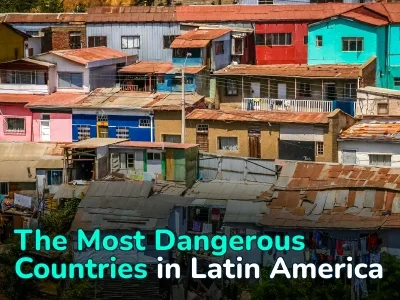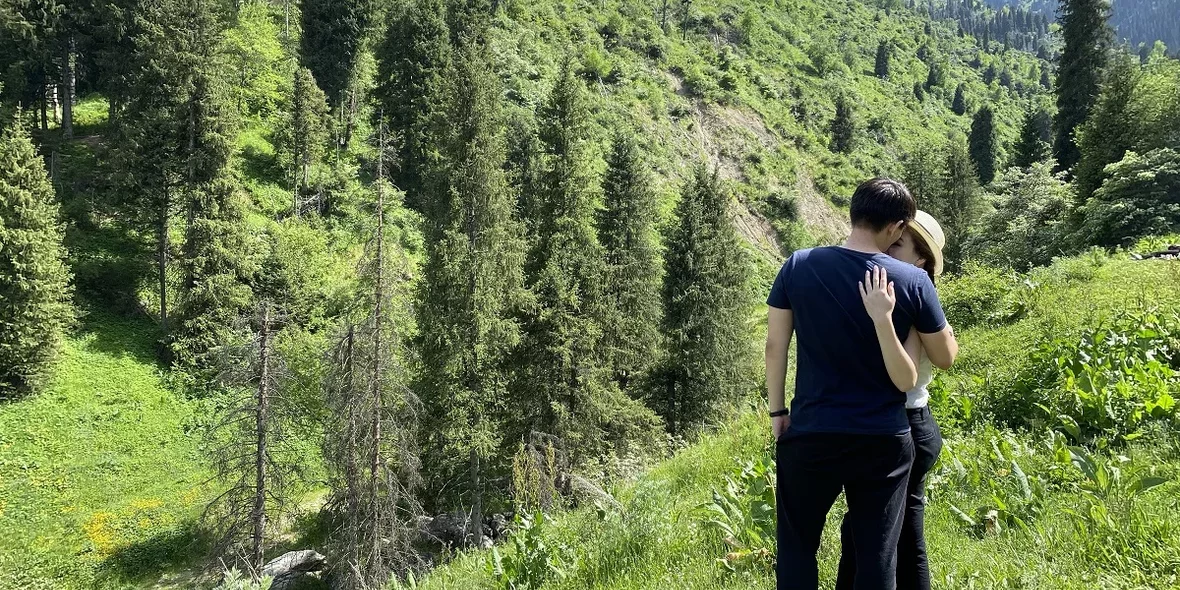
«We were refused a lease at least 7 times». Personal experience: how a family from Kazakhstan moved to Spain
Why not start a new life under the Spanish sun and finally try to lead a relaxed lifestyle? The examples of those who have already «jumped» into a similar, new for themselves, experience are the best way to decide on the important step. One of these stories of moving to Spain — in our material.
«When you get re-located by big IT companies, the whole process is much easier and faster»
Their relocation story we’ve been shared by Ansagan — she told us how she and her husband moved from Kazakhstan to Barcelona, how they looked for housing; what the cost of living in this Spanish city is, and what are the pros and cons of living there.
— My name is Ansagan. I am a self-taught programmer, and previously worked as a stewardess in the Kazakhstan national airline, Air Astana. Over the past 2.5 years, my husband and I have managed to live in Minsk, Kiev, Almaty and Avsallar (Turkey). At the beginning of May of this year, we moved to Barcelona, because my husband was invited to work in Microsoft company in Barcelona. My husband also had invitations to other European countries, but we chose Spain because of the climate, the sea and the relatively low prices.
To move from Kazakhstan to Spain, we had to get a work permit for my husband and an employer’s application — after getting these documents we applied for a work visa (the documents we needed were a marriage certificate with a translation and an apostille, and a 3.5 by 4.5 photo).
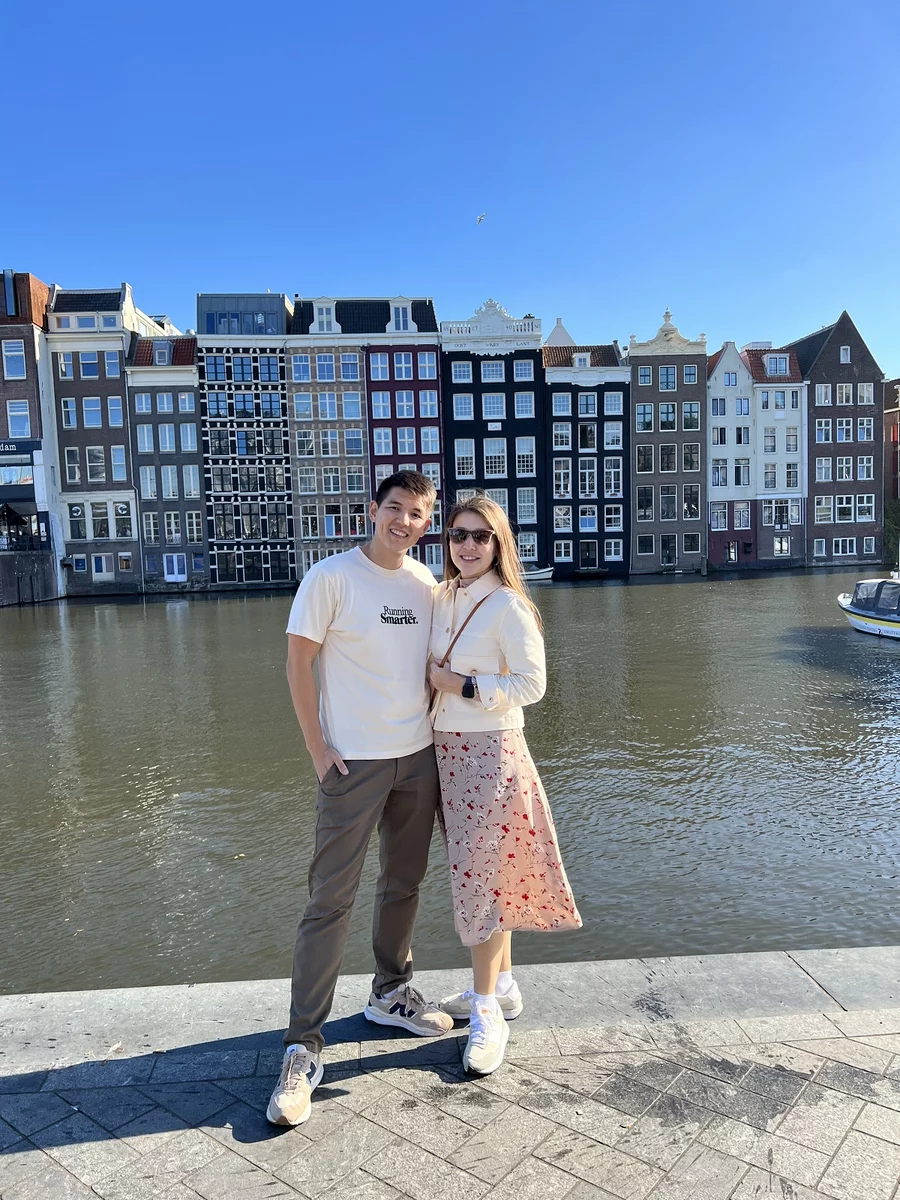
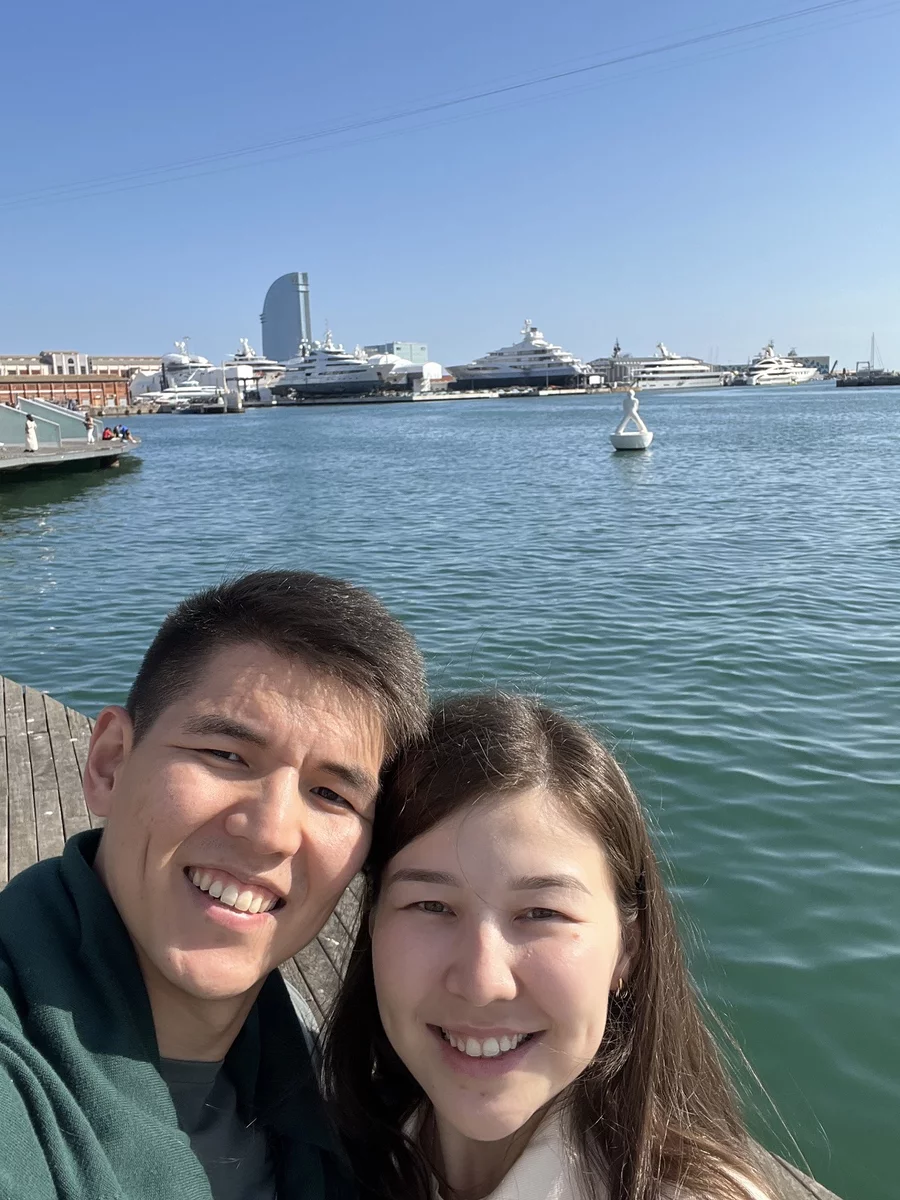
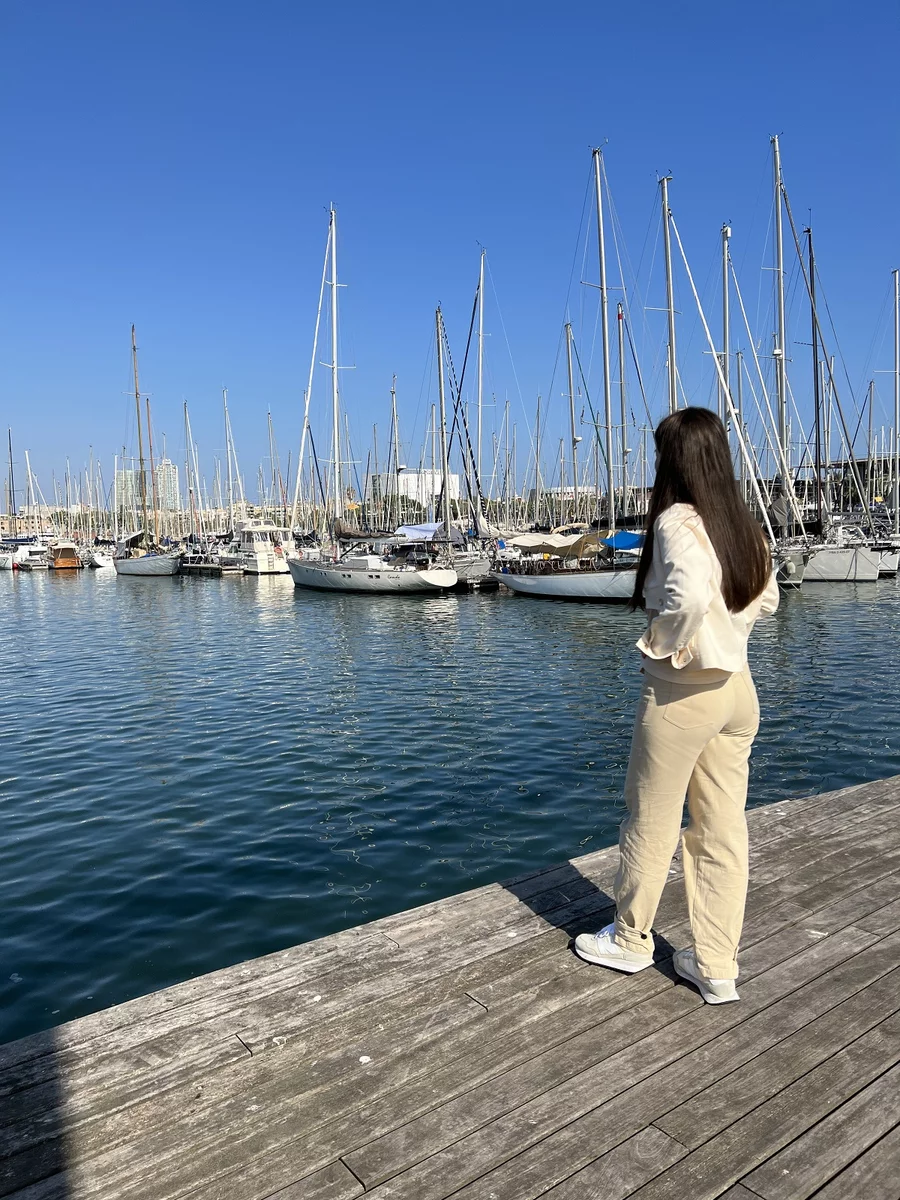
— After getting the visa, my husband’s company bought us tickets, and we flew to Spain. All in all, the process between getting my spouse’s job invitation and our actual move took more than six months (but, in part, we were stalling ourselves: taking a long time to renew passports, etc.).
It is worth noting that when such large IT companies invite an employee to work with relocation, the whole process is much easier and faster. In addition to the purchase of airline tickets, Microsoft covered all of our relocation expenses and provided temporary housing for more than two months before we received our residency card and long term housing lease. In addition, the company provided us with an assistant to do all the paperwork and to look for apartments in Barcelona.
As a side note. In Spain, as a rule, you can get the right to permanent residency after 5 years of residence permit, but with one condition: you must stay in the country for more than 183 days each year.
It is possible to obtain a Spanish residence permit at once, if there are the following grounds:
- study visa;
- work visa (self-employment or contract work);
- investments in real estate (minimum €500,000);
- private investment and/or starting a business in Spain;
- residence permit for financially independent people (it is also a residence permit without the right to work);
- Spanish startup visa or residence permit for innovative entrepreneurs;
- obtaining the status of refugee;
- marriage to a Spanish citizen or resident (or other family reunification options);
- move due to the sedentarization;
- the digital nomad visa, which is expected to go into effect in early 2023.
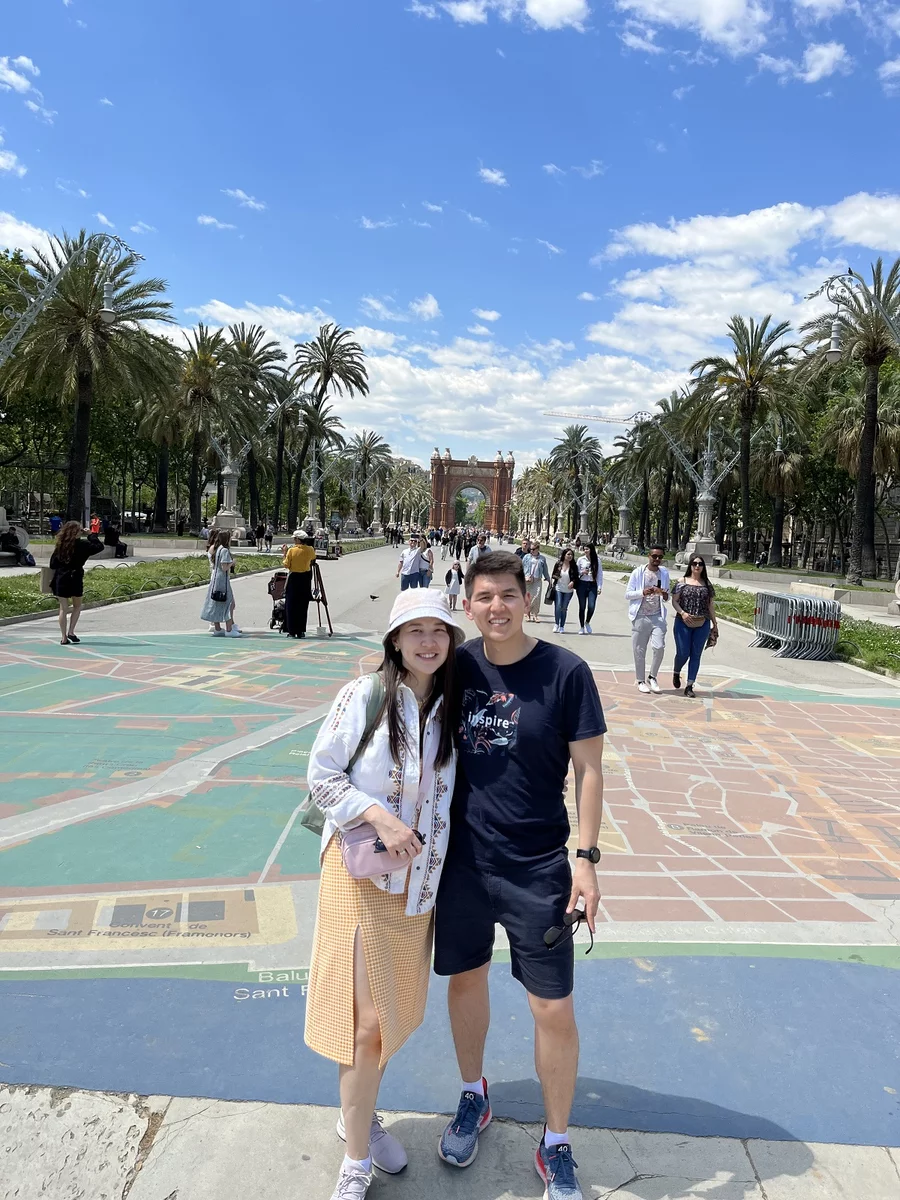
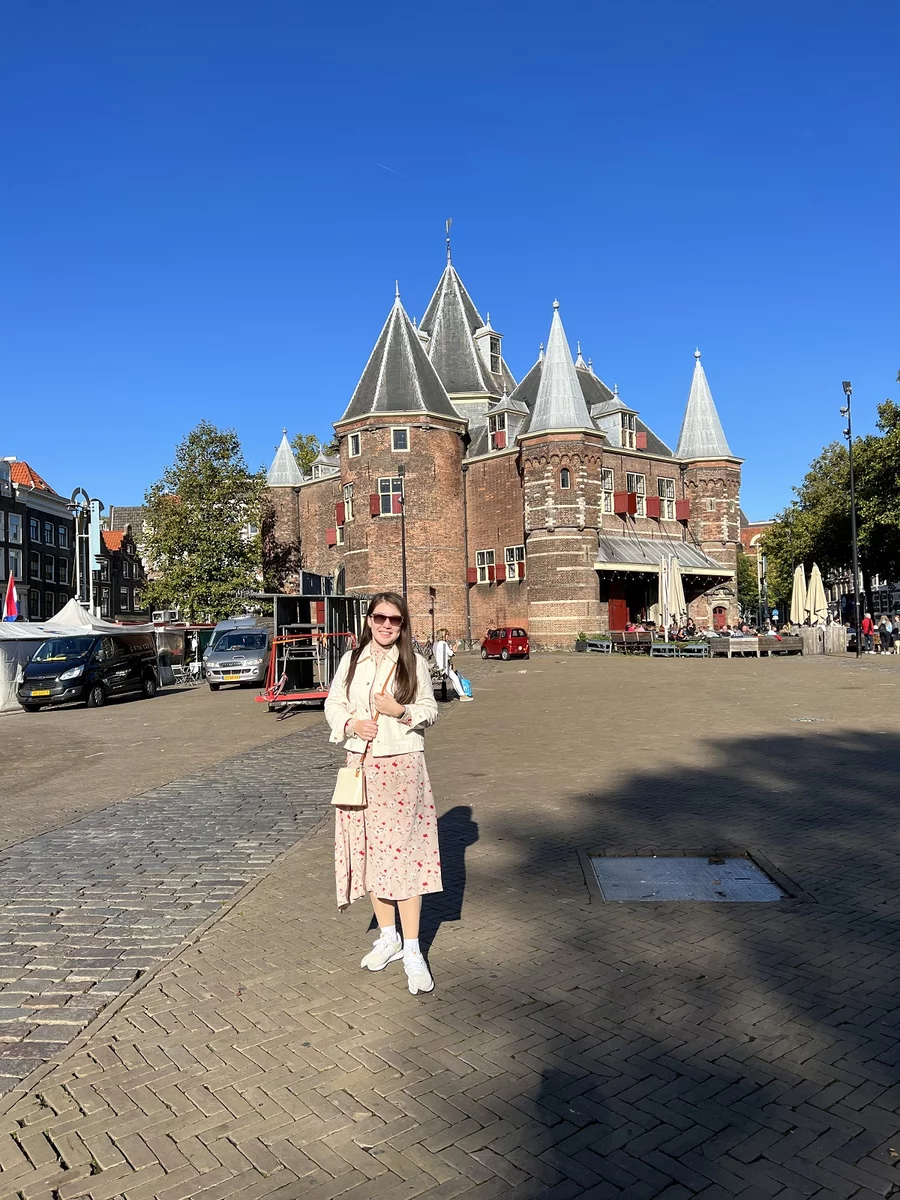
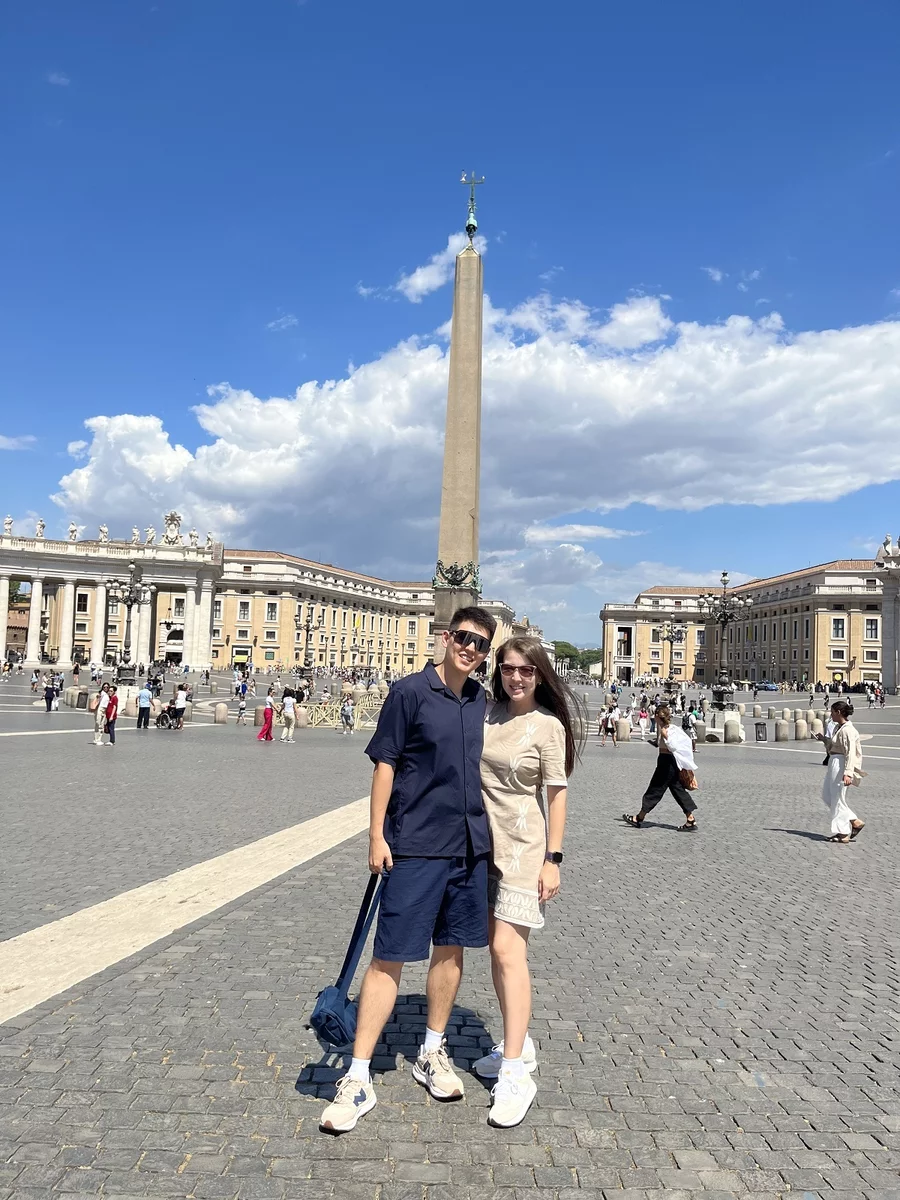
«If renting a housing costs €1000 a month, the agency fees will be at least another €1500»
— The demand for rental housing in Spain exceeds the supply, and good apartments are taken instantly. We were looking for an apartment for more than two months: at first we responded to ads online, but this method hardly worked; then we started calling, but most locals do not speak English, and we did not know Spanish at all; then we learned some keywords and were agreeing to communicate via WhatsApp; at the end we called the numbers in the ads all day long, and often — right after they were published.
Upon liking an apartment, we were mailing our realtor a list of documents: all requirements are different, but mostly it is requested an employment contract (necessarily open-ended and not on the probation, with mandatory reference to wages), NIE (tax number of foreigner), or TIE (ID-card) — it takes at least 30 working days to get it.
Then the owner of the apartment looks at the profile of each applicant, comparing the level of salary and experience in Spain — because of the latter factor, we have refused about 7 owners of apartments. As a result, we found, even though empty (no furniture and appliances), but a good apartment in a residential area for a reasonable price (15 minutes walk from the sea).
Another important nuance associated with renting: in Spain, landlords often rent apartments through agencies, and agency fees are just cosmic — at least 10% of the annual rent plus 21% tax. That is, if the rent costs €1000 per month, the agency fees will be €1200+€252. But in some agencies the fees are even higher. There are, of course, exceptions where the agency can take only 10% without tax, but this is a rarity.
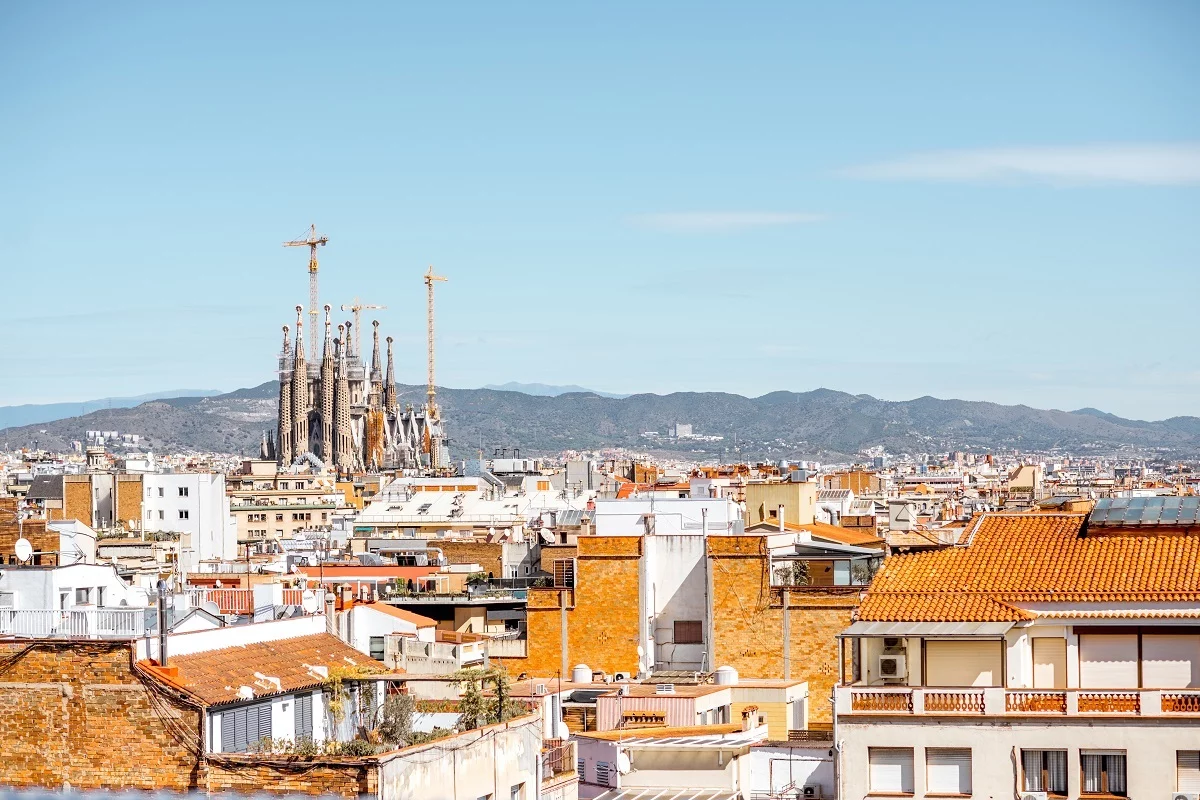

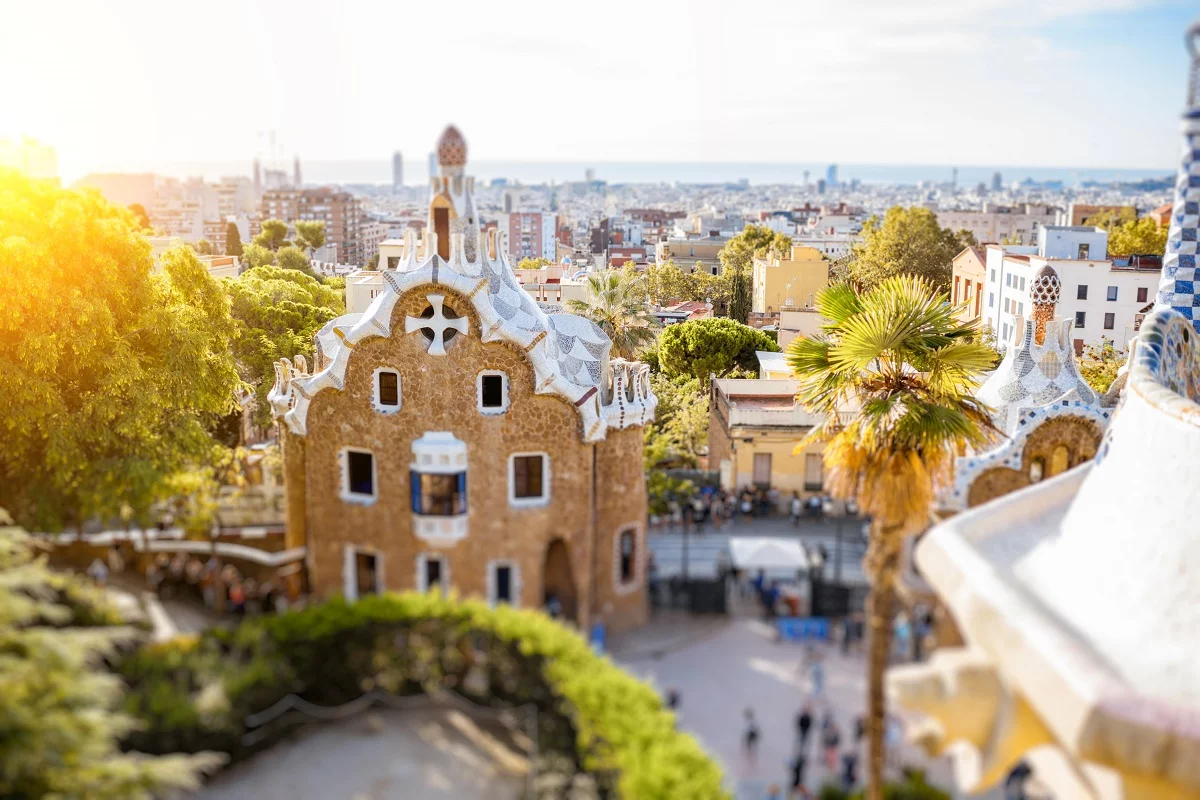
— In most cases, the comfortable neighborhoods in Barcelona are dominated by old houses, which means that wooden windows, dampness and maybe cockroaches go along with it. It is possible to find an apartment in a new building, but the price will be appropriate. On average, you can rent an apartment in Barcelona for €1000-1500 per month.
As a side note. In Spain, foreigners can buy and own real estate without restrictions. To buy an apartment in Spain in the center of a major city can be on average €3,260 per «square meter», outside the center the cost per «square meter» will be €1,970. In Barcelona the prices for habitation will be higher: from €4,855/sq.m. in the center of the city, €2,950/sq.m. — not in the center. By the way, foreigners are entitled to buy property in Spain, including mortgages.
— As for other expenses, my husband and I have about €700 a month for groceries (good quality here), plus sometimes we eat out. Gasoline is expensive here (about €2 per liter). The standard price for a public transport pass is about €40, but now it’s much less: by the end of this year, prices have been reduced by 30-50% as the government tries to move people from private cars to public transport. It seems to me that the minimum comfortable amount for two people here should not be less than €3500 per month.
As a side note. The average salary in Spain is €1,680 per month (after taxes).
— If you compare Spain with Kazakhstan, then, according to our observations, in Kazakhstan everything is done much faster: documents, opening accounts, name cards, documents from the migration services, and so on. In Spain, you have to wait for a long time — Spaniards, in general, do not like to hurry. After moving to Spain, we began to realize a huge number of advantages of living in Kazakhstan. In my opinion, the average person in Kazakhstan can afford a more comfortable life than the average Spaniard.



«Learning from the Spaniards about calm and good humor without reason»
— After moving to Barcelona, it was the cultural differences that struck us the most: we were surprised by the people without clothes on the city beaches and the sparse playgrounds.
In the local life we like the atmosphere and the mood of the people — it’s as if they are always in a mood of relaxation, there is no fuss, no tension, no one is in a hurry. Spaniards themselves are incredibly kind and open people: we had many situations when people passing by helped us, leaving all their affairs behind. In general, we try to learn from the Spaniards calmness and good mood without reason.
Barcelona is a city full of entertainment. This is especially noticeable at weekends and during various holidays and festivals, of which there are many in Spain. The whole city can party until 4-5 in the morning (parties on the beaches are especially popular), small concerts are sometimes held in different streets at the same time — in short, Spaniards love to relax and enjoy life. But to be honest, we are homebodies ourselves, so we can’t cover this topic too much.



In general, I like Barcelona, but like everywhere else, there are pros and cons.
Pros:
- Pleasant climate, sea, free clean beaches with soft sand, without the mud and stones.
- Perfectly organized public transportation, convenient subway junction, you can get to any part of the city without any problems.
- The infrastructure of the city is provided for independent movement of people with disabilities.
- The city is quite safe, all the streets are very well lit (except for a few areas that are not recommended to be in later hours).
Cons:
- Most of the apartment buildings are very old, and almost everywhere there is no heating.
- Very expensive medicine, without insurance God forbid to get sick. For example, in the first days of our arrival, we caught a cold, and we had no insurance (because my husband had not yet had time to sign a contract of employment) — we went to the local hospital, and only for the appointment of a therapist we paid €500 per person.
- Because of the huge number of pets and the lack of open sand in the streets, there is an unpleasant smell.
- Beaches topless (many can be at all naked) — maybe for someone it’s a plus, but because of our mentality, we are a little confused.
My main advice to all people intending to move to Spain — learn Spanish in advance, because it’s pretty hard to do without it.
In general, we love our homeland of Kazakhstan, and definitely plan to return there — we decided to move just for the experience and the opportunity to travel more.

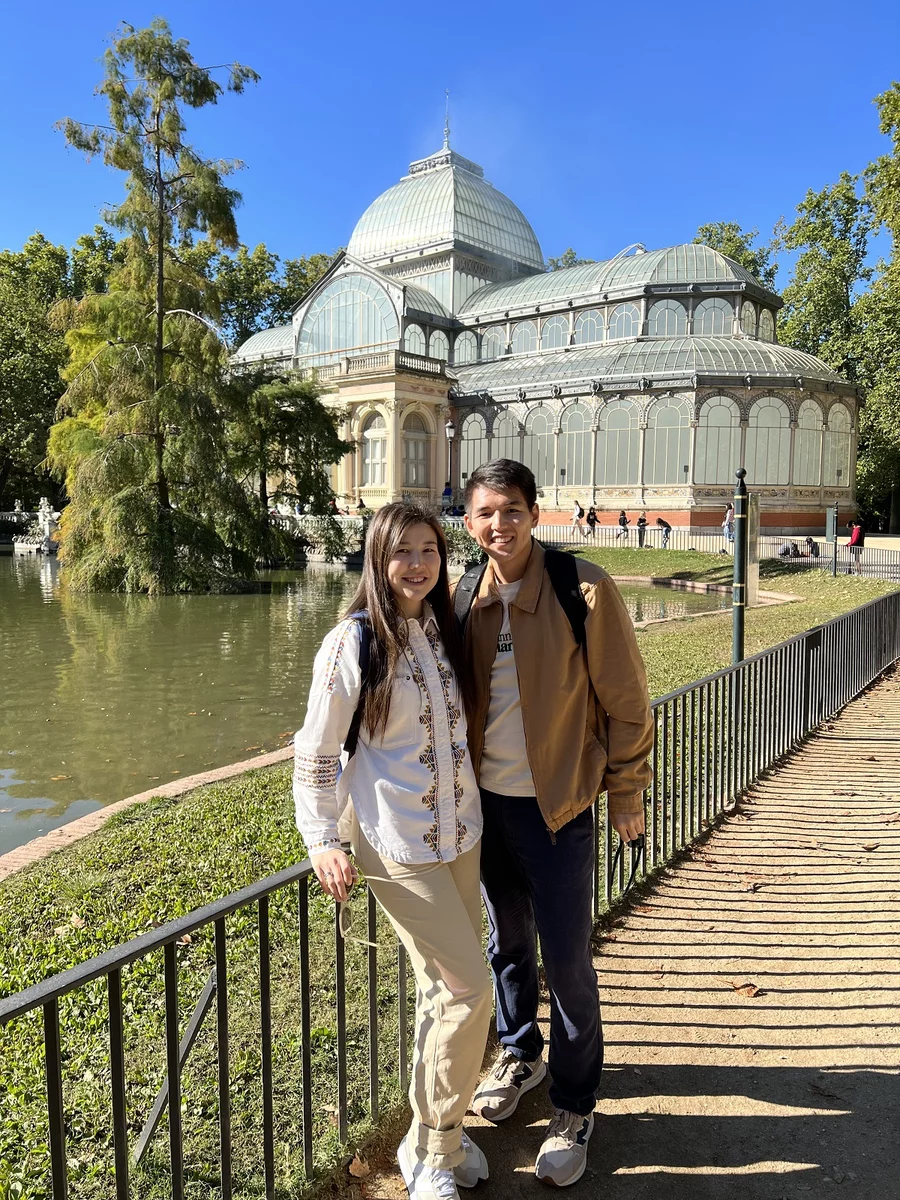
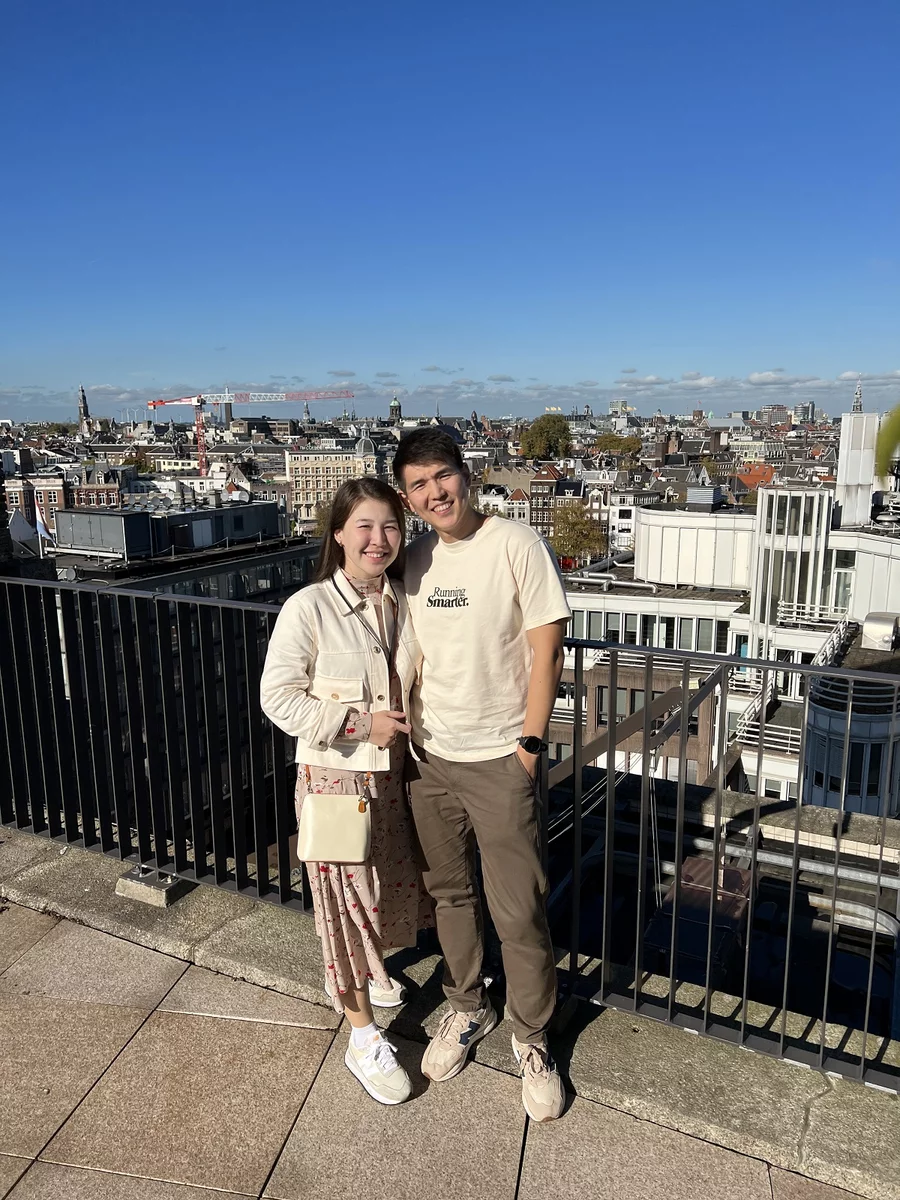
Do you want to share your personal experience of relocating and living in another country? Email us at info@realting.com. We will be happy to tell your story.
Author
I am responsible for editorial work. I write expert interviews and guides.






















